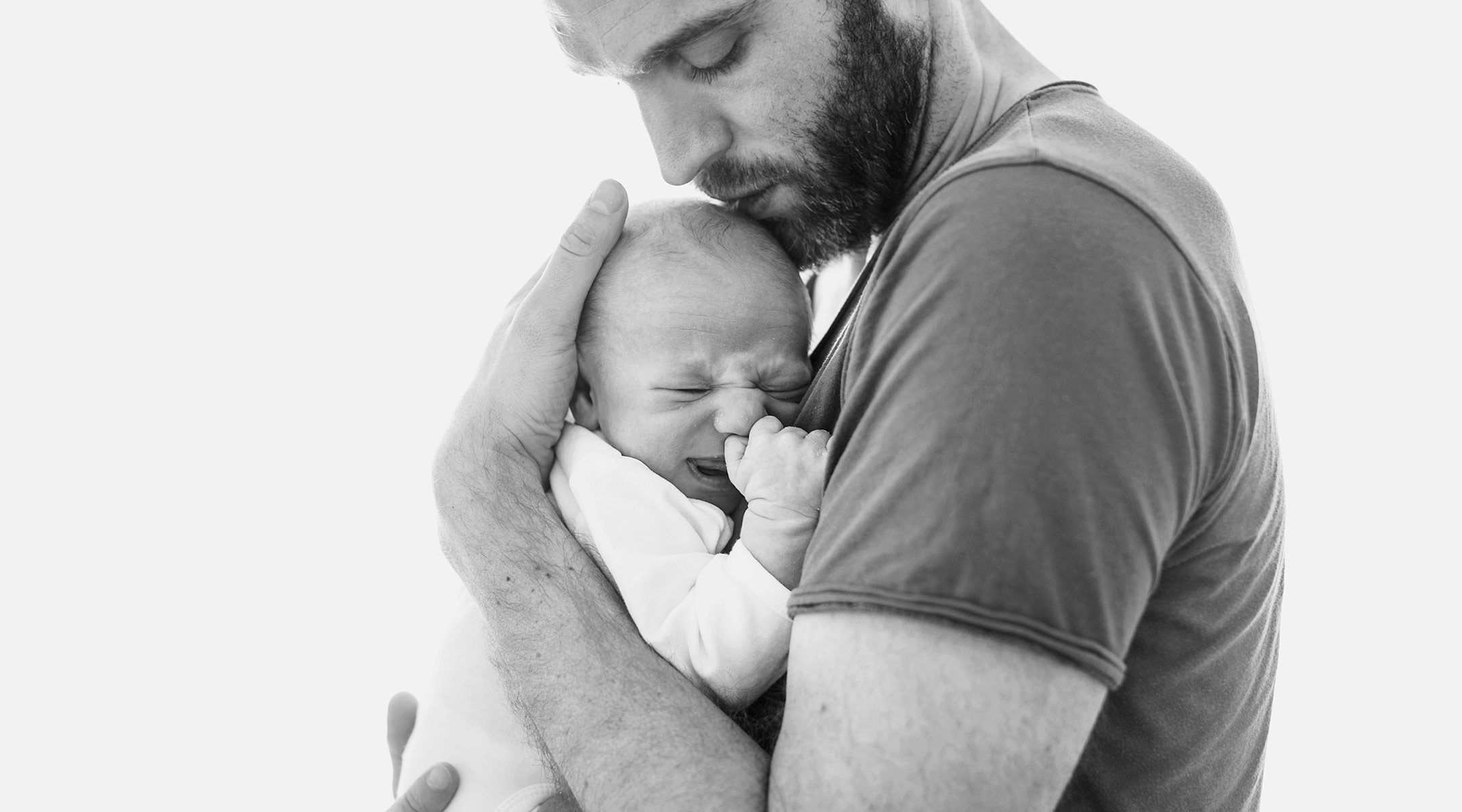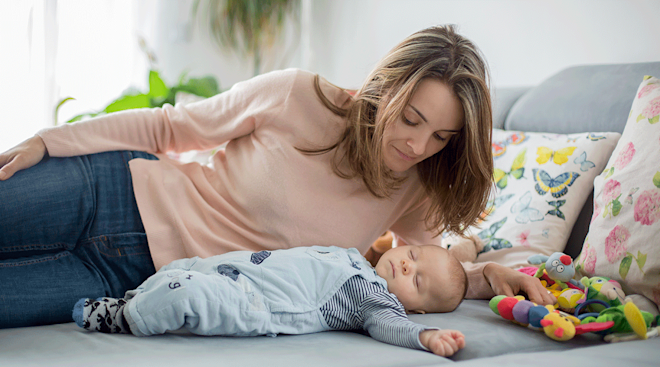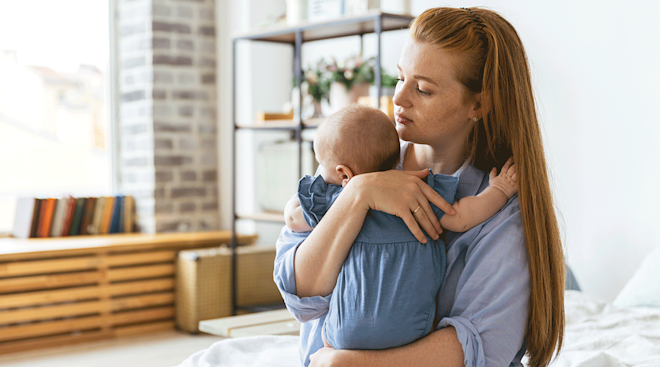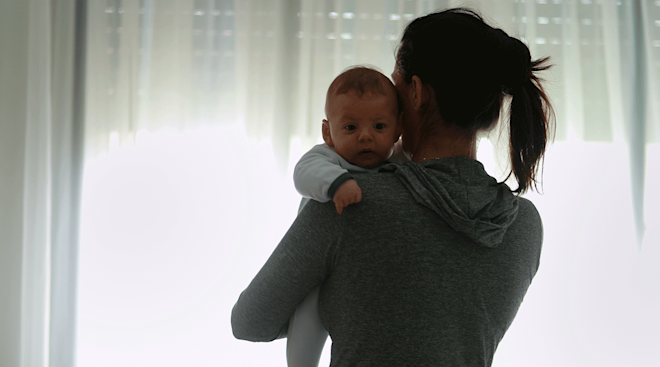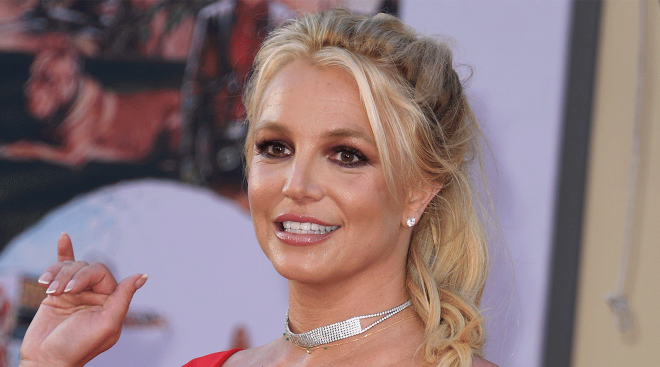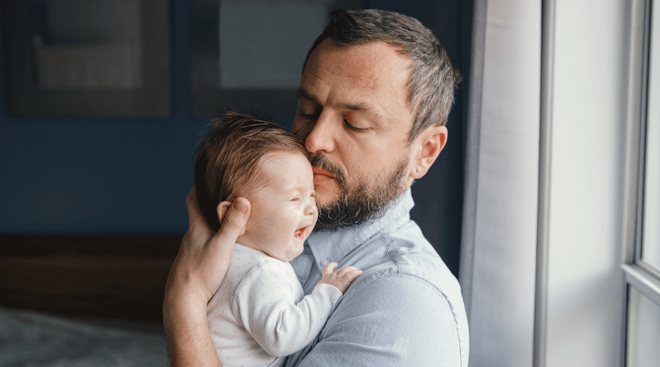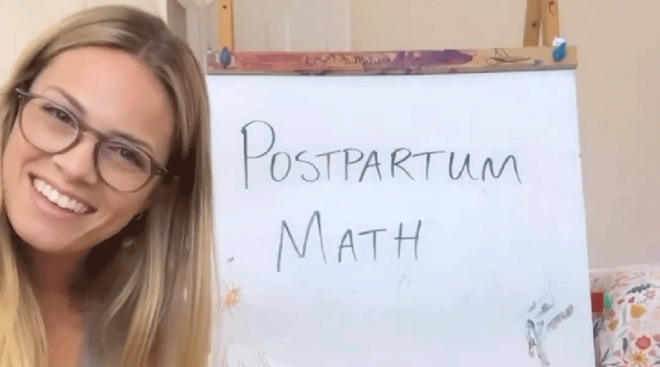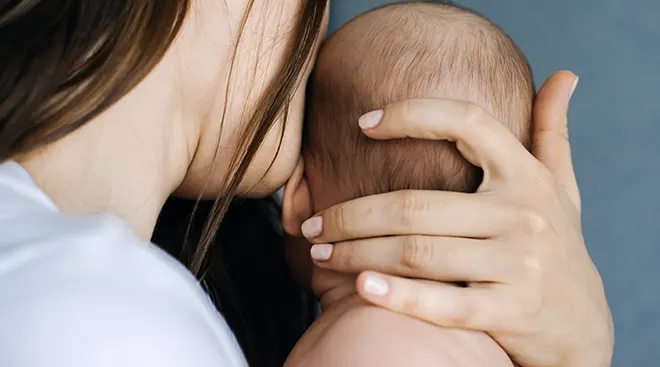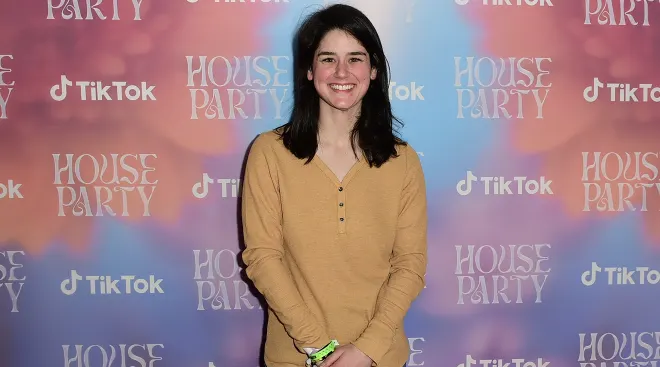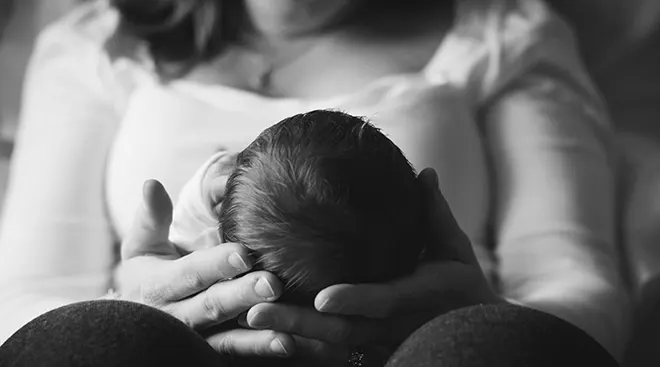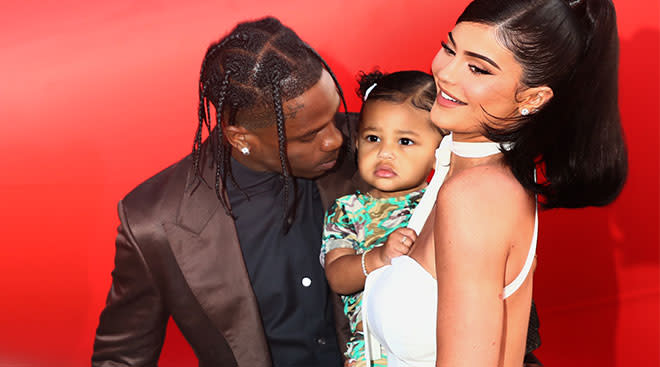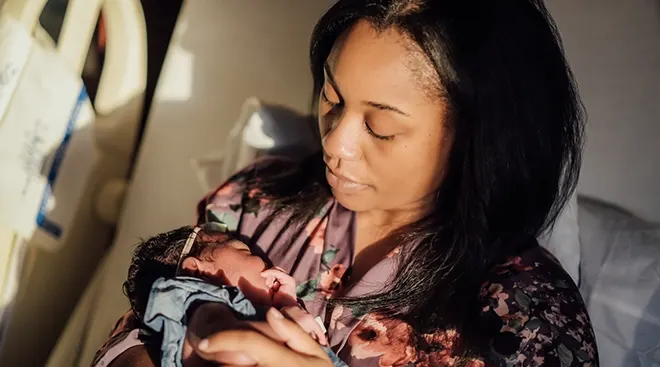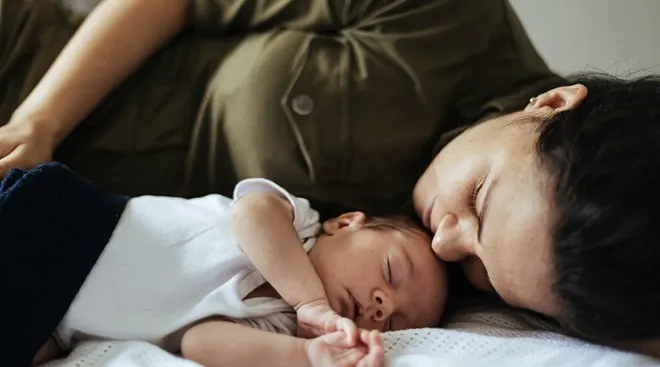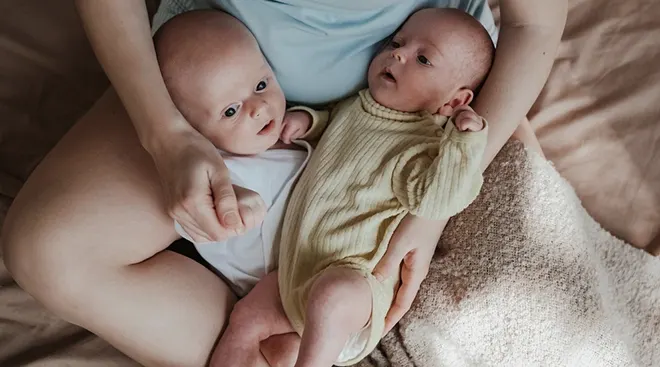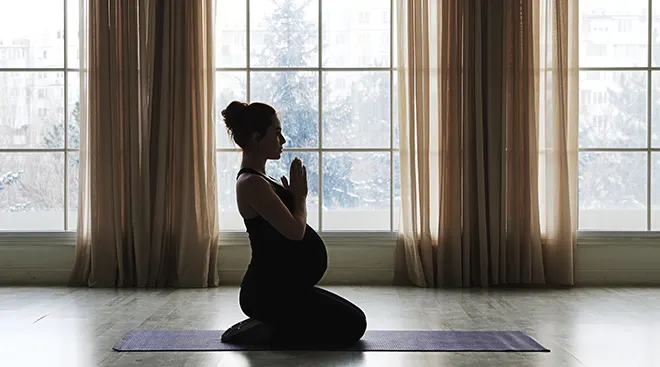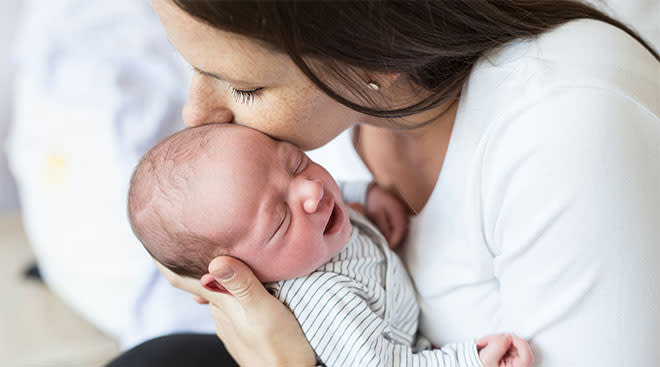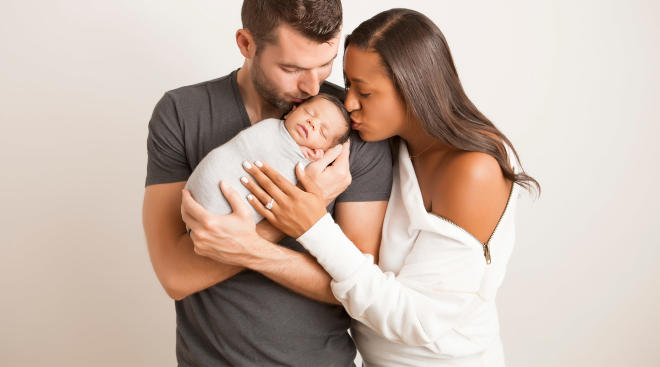Most People Don’t Recognize Postnatal Depression in Men, Study Shows
Postnatal depression is one of the most common pregnancy complications for women, but a lesser known fact is that it can affect men too. In fact, a new study shows people are nearly twice as likely to correctly identify PPD in women than they are in men.
Researchers used more than 400 British adults ages 18 to 70 years old who were presented with case studies of a man and a woman both displaying symptoms of PPD. The participants, both males and females, were less likely to say there was something wrong with the male (76 percent) than the female (97 percent). And those who did think there was a problem were much more likely to diagnose postnatal depression in females than in males. While 90 percent of the participants correctly described the female case studies as suffering from PPD, only 46 percent were able to do the same for the men.
As opposed to postnatal depression, participants believed men were suffering from stress and exhaustion. For example, stress was identified as a problem 21 percent of the time for men, but only .5 percent of the time for women with identical symptoms. As a result, they were much less likely to suggest men seek help for their current condition.
The participants aren’t alone. Late last year, the American Academy of Pediatrics called on doctors to update their guidelines to screen women and men better for PPD. It’s a topic that’s so rarely discussed, that many men assume “it’s a woman’s thing,” and aren’t even aware they have the condition when they’re experiencing it.
“Much more can be done to promote better understanding of paternal postnatal depression, so people don’t brush it off as simply tiredness or stress,” says lead author Viren Swami, professor of social psychology at Anglia Ruskin University. “This is particularly important as many men who experience symptoms of depression following the birth of their child may not be confident about asking for help and may be missed by healthcare professionals in the routine assessments of new parents.”
Please note: The Bump and the materials and information it contains are not intended to, and do not constitute, medical or other health advice or diagnosis and should not be used as such. You should always consult with a qualified physician or health professional about your specific circumstances.
Navigate forward to interact with the calendar and select a date. Press the question mark key to get the keyboard shortcuts for changing dates.
































